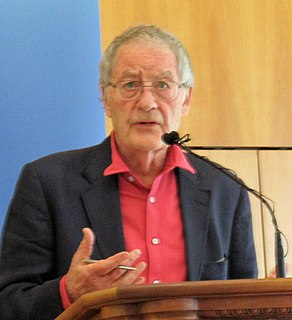A Quote by Babatunde Fashola
Actions must have consequences.
Quote Topics
Related Quotes
In short, my vision of a responsible free society is one in which we discourage evil, but do not prohibit it. We make our children and students aware of the consequences of drug abuse and other forms of irresponsible behavior. But after all our persuading, if they still want to use harmful drugs, that is their privilege. In a free society, individuals must have the right to do right or wrong, as long as they don't threaten or infringe upon the rights or property of others. They must also suffer the consequences of their actions, as it is from consequences that they learn to choose properly
We now know that we cannot continue to put ever-increasing amounts of CO2 into the atmosphere. Actions have consequences. In fact, the consequences of past actions are already in the pipeline. Global temperatures are rising. Glaciers are melting. Sea levels are rising. Extreme weather events are multiplying.
It cannot be said too often that actions are good or bad in the light of consequences, and that a clear perception of consequences would control actions. That which increases the sum of human happiness is moral; and that which diminishes the sum of human happiness is immoral. . . . Blind, unreasoning obedience is the enemy of morality.
































